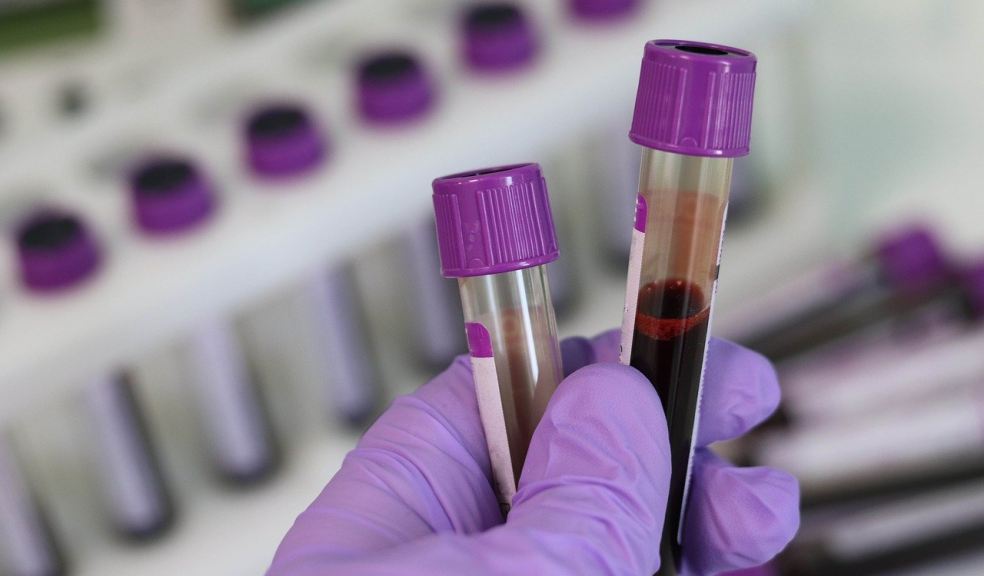
New multi-cancer early detection blood test study opens in Cornwall and Torbay
The nation-wide SYMPLIFY study, supported by the National Institute for Health Research, will investigate a new multi-cancer early detection (MCED) test in the NHS, known as Galleri, for patients with non-specific symptoms that may be a result of cancer.
The aim of the SYMPLIFY study, open at Royal Cornwall Hospitals NHS Trust and Torbay and South Devon NHS Foundation Trust, is to demonstrate how the Galleri test could be used to increase cancer detection rates and improve diagnostic pathways. Recruitment of participants started in summer 2021, with the research team seeking to recruit around 6,000 patients with early signs and symptoms suspicious for cancer from sites across England and Wales by 29 October 2021. These patients will have been referred by their GP for rapid diagnostic tests looking for cancer and a Galleri blood sample will also be taken.
Galleri is a blood test that can detect over 50 different types of cancers with a low false positive rate of less than 1 percent. Over 47 of these cancer types lack recommended screening in the UK today. Using revolutionary next-generation sequencing technology, Galleri has the potential to identify multiple types of cancers at earlier stages of disease compared with traditional diagnostic methods, which should increase the chance of successful treatment and improve outcomes for patients.
SYMPLIFY will assess how Galleri can be used to benefit patients with non-specific symptoms that may be a result of cancer. The SYMPLIFY study is one of the UK-based clinical trials that GRAIL is supporting, along with the recently announced NHS-Galleri trial evaluating the Galleri test in primary care settings. Successful results may see this technology radically revolutionising how cancer is identified in the future.
Dr Pippa Corrie, NIHR Clinical Research Network, National Specialty Lead for Cancer Late Phase and International Trials, said: “We are delighted that the NIHR Clinical Research Network is actively facilitating delivery of the ground-breaking SYMPLIFY study, which is testing an innovative blood test to identify early signs of cancer by recruiting 6,000 participants attending rapid diagnostic clinics at multiple secondary care trusts across England in record time.”
Dr Duncan Wheatley, Consultant Clinical Oncologist and Principal Investigator for the study in Cornwall, said: “We are delighted to be taking part in this study, which has the potential to be a game changer in terms of telling us if a patient has cancer, and just as importantly excluding cancer as a cause of a patient's symptoms. Early diagnosis is the key to finding more curable cancers with less toxic treatment for patients and reduced costs to the nation. If a blood test could be done to exclude cancer rapidly, this would be a huge step forward for patients and healthcare systems around the world.”
Dr Louise Medley, Principal Investigator for the study at Torbay and South Devon NHS Foundation Trust, said: “Using the significant advances in the understanding of cancer signals, it really feels as if we are moving closer towards the ultimate goal of improving cancer survival. Through earlier diagnosis, targeted investigations, and molecularly driven treatments we can really aim to 'get it right first time'. I am delighted that Torbay and South Devon has been given this opportunity to show how we can embed research into everyday clinical practice.”













